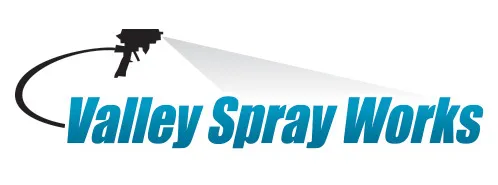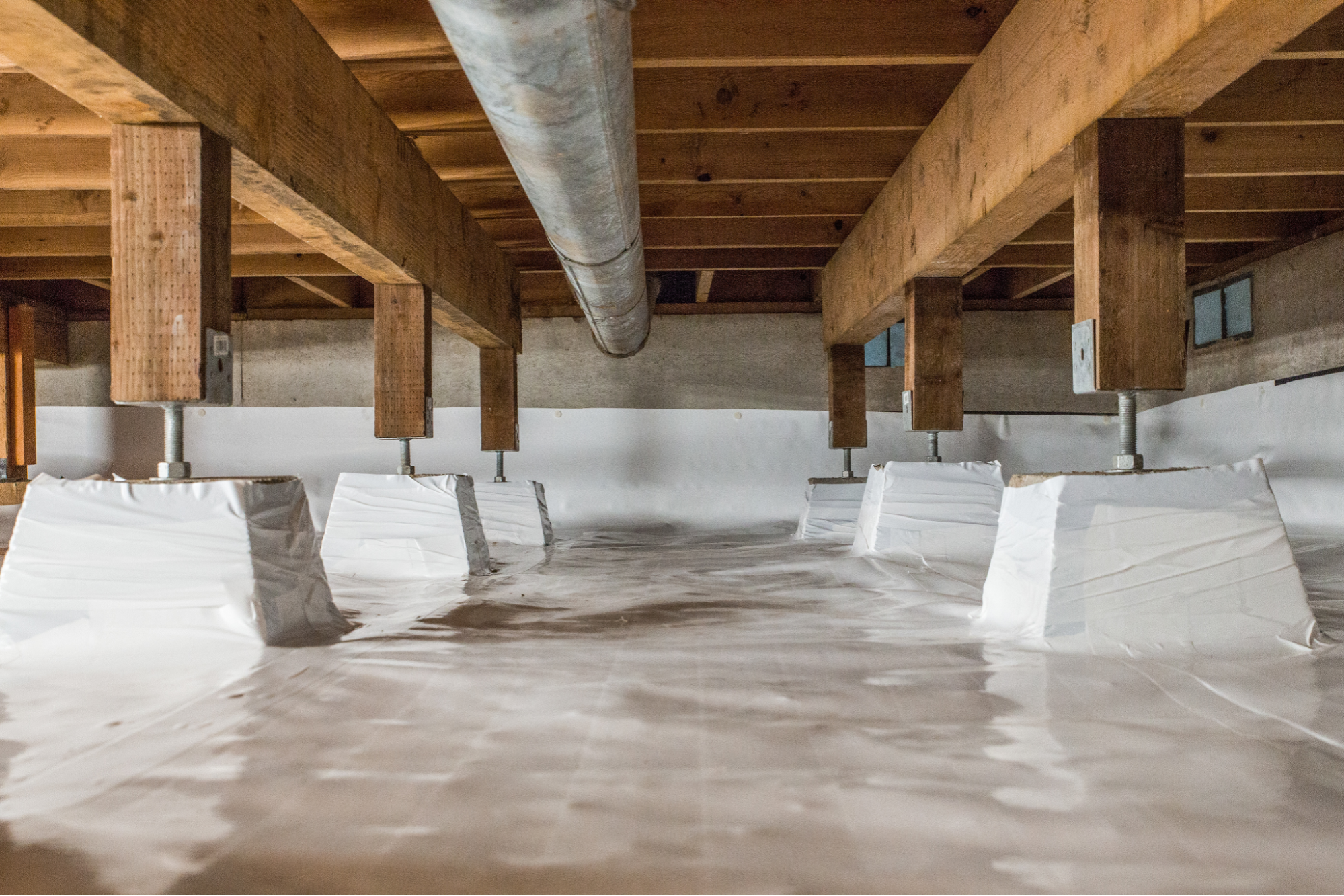Understanding Vapor Barriers and Their Purpose
Moisture control is a critical factor in maintaining the structural integrity of buildings in Bellevue, ID. Vapor barriers play a key role in preventing moisture damage by limiting the movement of water vapor through walls, floors, and ceilings. Without proper moisture management, buildings can experience mold growth, wood rot, and insulation degradation, leading to costly repairs and health risks.
A vapor barrier is a layer of material designed to slow or prevent the transmission of moisture. These barriers are commonly installed in basements, crawl spaces, and exterior walls to reduce condensation buildup and protect against humidity-related issues. Proper installation is essential for maximizing their effectiveness.
Why Moisture Control Matters in Bellevue, ID
Bellevue experiences a range of weather conditions that make moisture control a priority. The region’s temperature fluctuations and seasonal precipitation can create conditions where moisture seeps into homes and commercial buildings. When moisture accumulates in walls and floors, it can lead to:
- Mold and mildew growth
- Structural deterioration
- Reduced insulation efficiency
- Pest infestations
- Increased heating and cooling costs
By installing vapor barriers, property owners can mitigate these risks and maintain a healthier indoor environment.
How Vapor Barriers Work
Vapor barriers function by controlling the diffusion of moisture-laden air through building materials. They are classified based on their permeability, measured in perms. The three main categories include:
- Class I (Impermeable) – Includes materials such as glass, aluminum foil, and polyethylene sheets.
- Class II (Semi-Permeable) – Includes materials such as kraft-faced fiberglass batts and asphalt-coated paper.
- Class III (Permeable) – Includes latex paints and unfaced fiberglass insulation.
Choosing the right vapor barrier depends on the climate, building materials, and specific needs of the structure.
Where to Install Vapor Barriers
Basements and Crawl Spaces
Basements and crawl spaces are highly susceptible to moisture accumulation. Installing a vapor barrier under a concrete slab or along the walls of a crawl space can prevent damp conditions that contribute to mold growth and foundation issues.
Walls and Insulation Systems
In wall assemblies, vapor barriers are typically placed on the warm side of the insulation to prevent moisture from condensing within the wall cavity. The exact placement depends on climate conditions and building design.
Attics and Roofs
In cold climates, a vapor barrier beneath attic insulation helps prevent warm, moist air from escaping and condensing on colder surfaces. This reduces the risk of ice dams and water damage.
Choosing the Right Vapor Barrier for Your Building
The selection of a vapor barrier should align with the specific moisture challenges of a property. Factors to consider include:
- Material durability – Some materials withstand wear and tear better than others.
- Installation method – Some barriers require sealing with adhesives or special tapes.
- Building codes – Local regulations may specify vapor barrier requirements.
For expert guidance, Valley Spray Works provides professional assessments and vapor barrier installation services tailored to the conditions in Bellevue, ID.
Common Mistakes in Vapor Barrier Installation
Improper installation can compromise the effectiveness of a vapor barrier. Some of the most frequent mistakes include:
- Installing the barrier on the wrong side of the insulation
- Failing to properly seal seams and edges
- Using the wrong type of vapor barrier for the climate
- Overlapping layers incorrectly
- Neglecting areas prone to moisture intrusion
Working with professionals ensures that vapor barriers perform as intended, reducing long-term maintenance concerns.
Long-Term Benefits of Vapor Barriers
Investing in a high-quality vapor barrier system provides several long-term advantages:
- Improved air quality – Reduces mold spores and allergens.
- Energy efficiency – Enhances insulation performance and lowers heating and cooling costs.
- Structural preservation – Protects wooden components from rot and decay.
- Pest prevention – Discourages insects and rodents that thrive in damp environments.
Get Expert Assistance in Bellevue, ID
For those looking to protect their property from moisture damage, professional installation is the best approach. Valley Spray Works specializes in vapor barrier solutions tailored to the unique climate conditions of Bellevue, ID. Contact us at (208) 490-9260 or email [email protected] to discuss your moisture control needs.
Frequently Asked Questions
1. How do I know if I need a vapor barrier?
If your home experiences condensation, mold growth, or musty odors, a vapor barrier can help mitigate these issues.
2. Are vapor barriers necessary in all climates?
The need for a vapor barrier depends on climate and building design. In colder climates, they are crucial for preventing moisture buildup.
3. What is the best material for a vapor barrier?
The best material depends on the application. Polyethylene sheeting is commonly used due to its durability and effectiveness.
4. Can I install a vapor barrier myself?
While DIY installation is possible, professional installation ensures proper placement and sealing to maximize performance.
5. How much does vapor barrier installation cost?
Costs vary based on the size of the area and the type of material used. Contact Valley Spray Works for a custom quote.
6. Do vapor barriers prevent all types of moisture problems?
Vapor barriers control moisture diffusion but may not address leaks or flooding. Proper drainage and waterproofing may also be necessary.
7. How long do vapor barriers last?
High-quality vapor barriers can last several decades with proper installation and maintenance.
8. Should a vapor barrier be placed on the warm or cold side of insulation?
In most climates, vapor barriers should be placed on the warm side to prevent condensation within walls.
9. Can a vapor barrier improve energy efficiency?
Yes, by preventing moisture buildup, vapor barriers help maintain insulation performance and reduce energy consumption.
10. How can I schedule an installation?
To schedule an installation or consultation, call Valley Spray Works at (208) 490-9260 or email [email protected].



